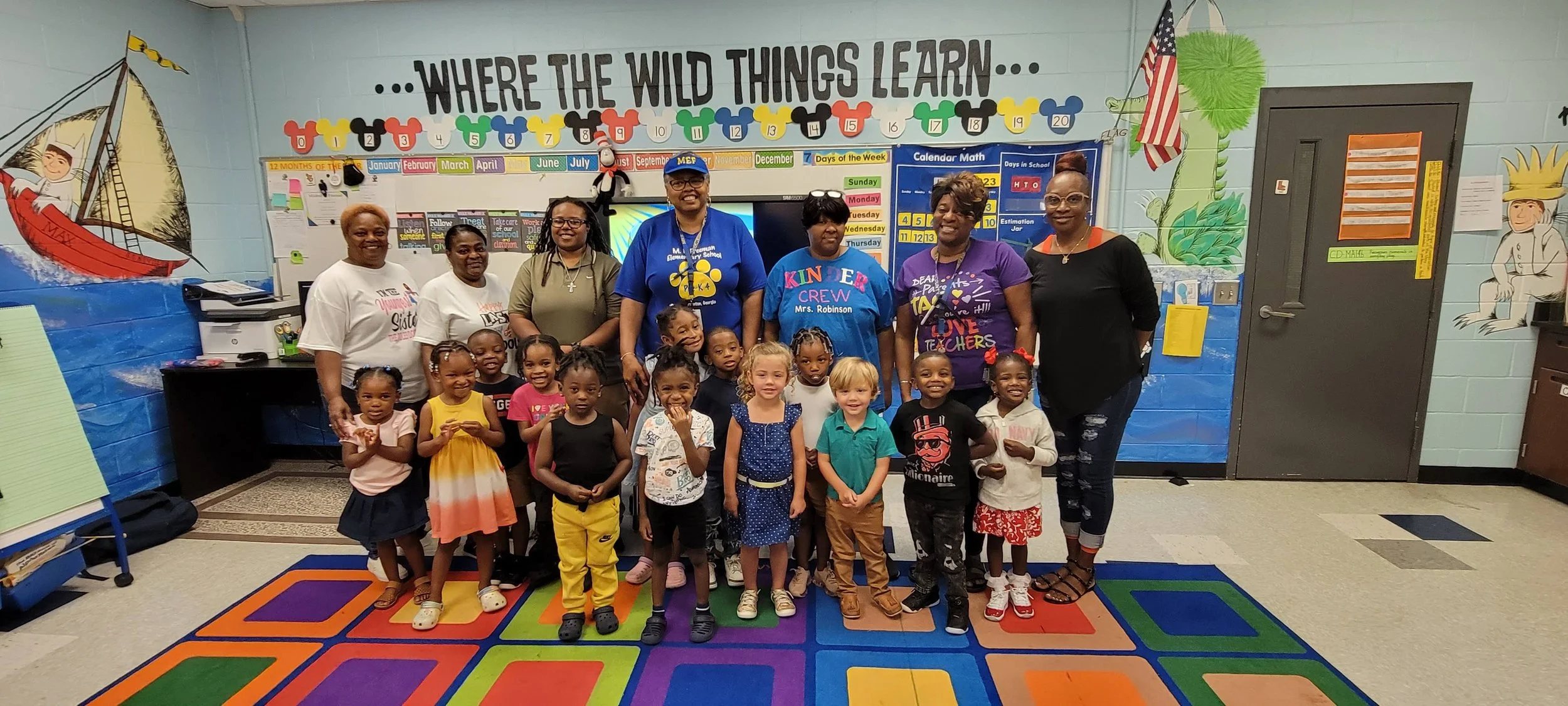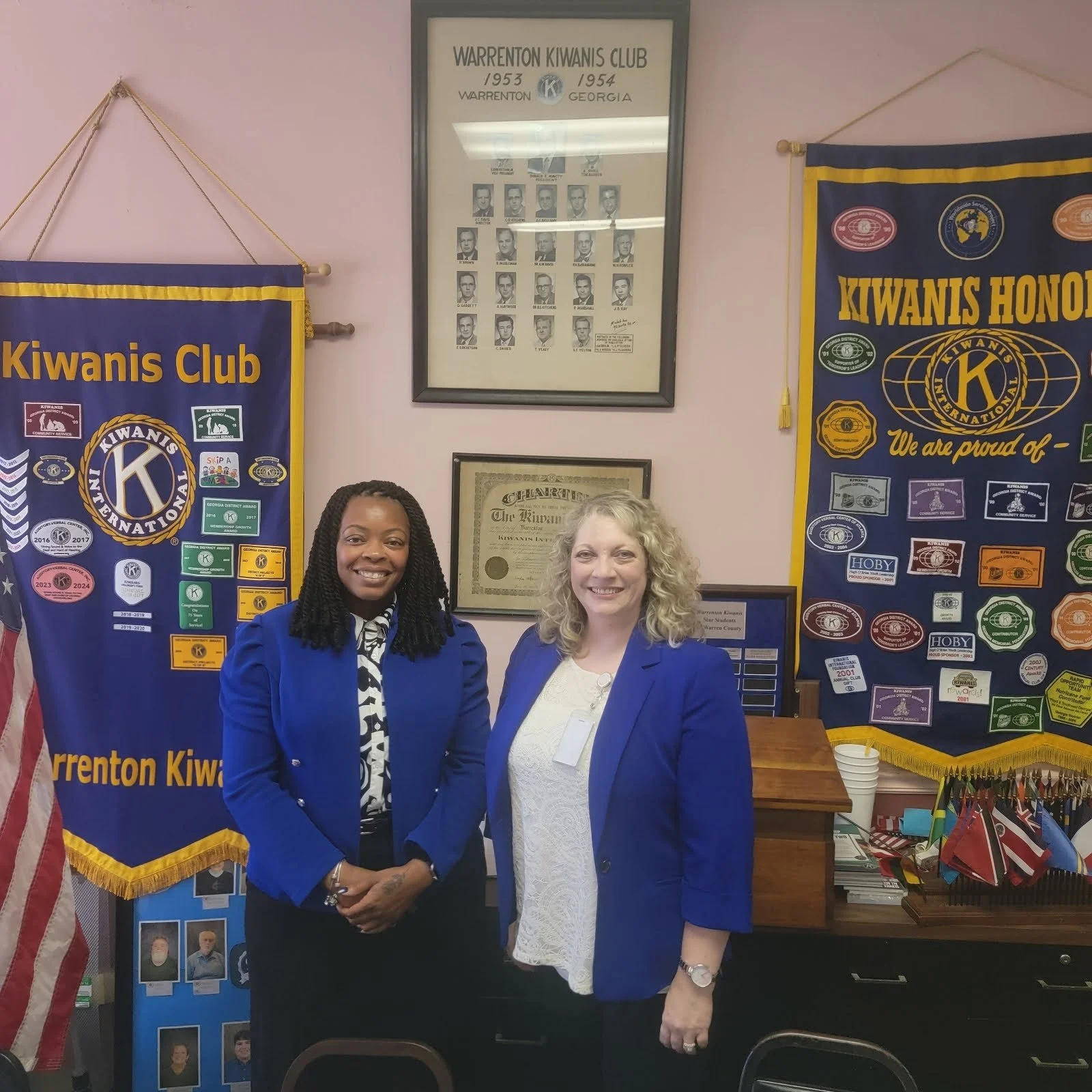From 21% to 64% passing: How Warren County Schools is Closing the Literacy Scores Gap
During the COVID-19 pandemic, the only daycare in Warren County closed. Shortly after, the only HeadStart program closed, creating a large gap for serving children and their families since the Warren County School District Pre-K program could only enroll 20 students.
“If you didn’t get into that pre-K program, students didn’t come to school until kindergarten,” said Executive Director of Student Services Allison Davis. “That put them far behind where they need to be in terms of language acquisition and exposure—a terrible disadvantage.”
Pictured is Principal Jessica Nicholson and Executive Director of Student Services Allison Davis
“If you didn’t get into that pre-K program, students didn’t come to school until kindergarten,” said Executive Director of Student Services Allison Davis. “That put them far behind where they need to be in terms of language acquisition and exposure—a terrible disadvantage.”
So, Warren County Schools crafted the Pre-K Jump Start Program. It introduces 3–5-year-olds to the concepts they’ll need in kindergarten and gives them a head start on rich language acquisition.
Before Warren County Schools started their Jump Start Program, 21% of third graders were reading on grade level. After three years of implementing Jump Start and organizing family education initiatives, 64% of students are reading on grade level, an incredible 43% leap.
“It’s not just a school initiative, it’s a community approach,” Davis said. “That’s where we have seen such significant results and growth.”
Superintendent of Schools for Warren County, Dr. Christopher Harris, encourages a community-oriented focus and has a ‘no excuses’ approach to problem-solving. Instead of lamenting the issue, he and his team kicked the Pre-K Jump Start summer program into gear.
During the summer, students spend 12 days learning language and literacy basics from teachers trained by national expert Dr. Emily Rubin on Language as a Missing Link and peer-to-peer mentoring. Students who attend this program show 36.8% more growth in academic assessments at the end of the school year compared to peers who did not attend.
Breakfast, lunch, and transportation are offered for free. The school district offers parent orientation too, where parents and caregivers are also taught the basics and provided a free meal.
“We give the parents a variety of activities they can use throughout the year as often as needed to help their students grasp the concepts, they need before starting Pre-K,” said Principal of M.E. Freeman Elementary School Jessica Nicholson.
Students interacting with various activities
“We give the parents a variety of activities they can use throughout the year as often as needed to help their students grasp the concepts, they need before starting Pre-K,” said Principal of M.E. Freeman Elementary School Jessica Nicholson.
One of their three annual parent engagement events, Family Engagement Night, is the most popular for their community with 60% of students represented. At this event, the schools have employed various community partners to teach parents about resources and services available to them.
“As educators we are trained to teach,” Harris said. “Sometimes we expect parents to perform tasks that they’re not equipped for. Our approach is to show everyone how they can be involved.”
Thanks to their whole-child, family engagement approach and community commitment, the third and fifth grades at M.E. Freeman Elementary School have been recognized as literacy leaders in the state of Georgia for two consecutive years by State School Superintendent Richard Woods.
“We partner with families to show them that language is important, that literacy is important, but that ultimately spending time with their children is the best thing they can do,” Davis said. “We want families to spend time together, and now we’re all working together to see those students succeed.”



